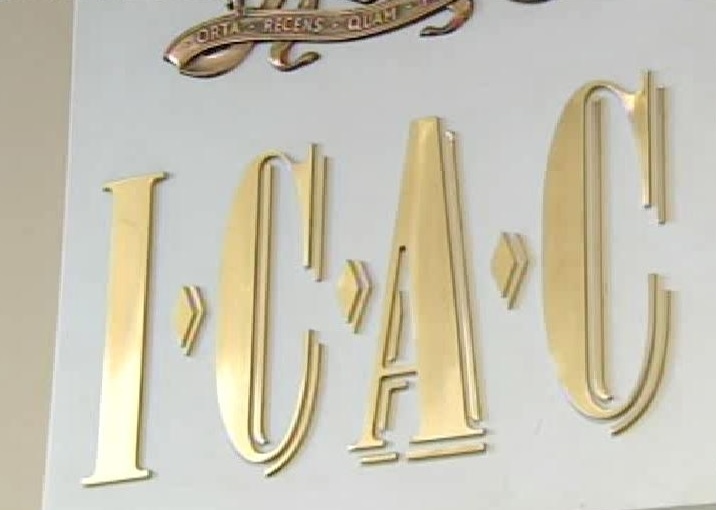
ICAC is back in the news with the NSW Parliament’s Committee on the ICAC – the group that oversees ICAC on behalf of the Parliament – releasing a Discussion Paper on the reputational impact on an individual being adversely named in the ICAC’s investigations. This discussion paper was mooted last November as a special investigation when the Committee recommended that it should do a broad overall review of the Independent Commission Against Corruption Act 1988 (ICAC Act) in 2021, covering the operation of the ICAC, the ICAC Inspector and the efficacy of the legislation, to determine whether the ICAC Act continues to be effective and appropriate.
No sooner was this announced than ICAC released its own paper suggesting that it was underfunded and that the current funding method is potentially unlawful.
ICAC has actually been fairly quiet in the past few years, unlike it was during the heydays of Commissioners Ipp and Latham when it made the headlines every day. These were the O’Farrell and Baird days. O’Farrell was himself brought down by ICAC and when ICAC was found by the High Court to be acting illegally in the Cunneen case it was Baird who hastily stepped in to pass a remarkable and unprecedented law which made ICAC’s illegal acts retrospectively legal – a law which still stands today. As a result the findings of ICAC about people who were completely innocent were left standing. No compensation, no responsibility. Why the ICAC Validation Act hasn’t been repealed is amazing because it stands as a lasting testament to the ability of the State to oppress its citizens in direct opposition to the findings of the highest court in the land. It is one of the first things that needs attention when the Committee considers its brief.
The Government appeared close to losing control of ICAC during these times, with public hearings being the order of the day and Latham uttering the famous words that “it was like pulling the wings off butterflies” to describe the way she treated the unfortunate persons who were hauled in for secret ICAC interrogations. And Ipp starting his “trials” with the statement that it was he and he alone who would decide what was heard as “evidence”. No proper cross examination and no attempt to look at anything exculpatory, which was often deliberately supressed. The truth was that ICAC answered to no one. Above it was a toothless Inspector with few staff and a Parliamentary Committee that couldn’t effectively question any of ICAC’s verdicts. Thankfully, like lots of things that get too far out of line, even ICAC is being gradually reeled in and made answerable for its track record and its methods.
The Ipp and Latham years left a trail of destruction of persons and companies. In the fullness of time few if any of these have ever been prosecuted – let alone convicted of anything – despite ICAC having all of its resources and budgets available to pursue them. The reason for this is self evident – they didn’t have “evidence” – just preordained “verdicts” to which they retro fitted whatever information they could find to sustain their opinions. For those affected, the stain of being found “corrupt” by ICAC remains with them to this day and continues to oppress them. They suffer financially and personally. ICAC can’t bring itself to admit that its verdicts are unsustainable and demonstrably wrong. They have no care for the wreckage they wilfully created.
So what about ICAC’s budget. When the Parliament has finished its investigations into ICAC’s demonstrably poor and deliberately oppressive track record and has reset the rules under which ICAC will proceed then why should the public be increasing its budget? The public needs its institutions to demonstrate that they act within the rule of law upon which our entire system is based and then give us value for money.
So that’s what this Discussion Paper is all about. It is the long arm of justice reaching out to overhaul the excesses of the inquisition.
